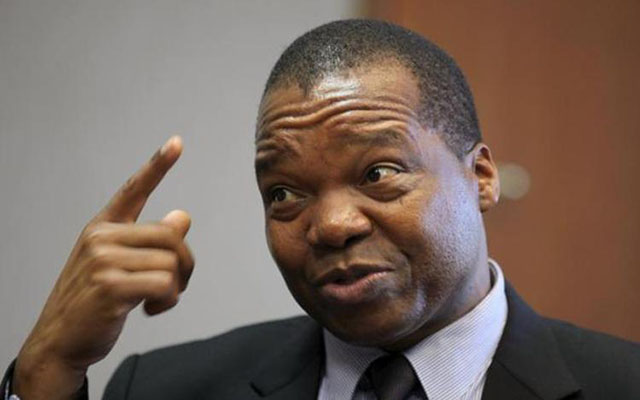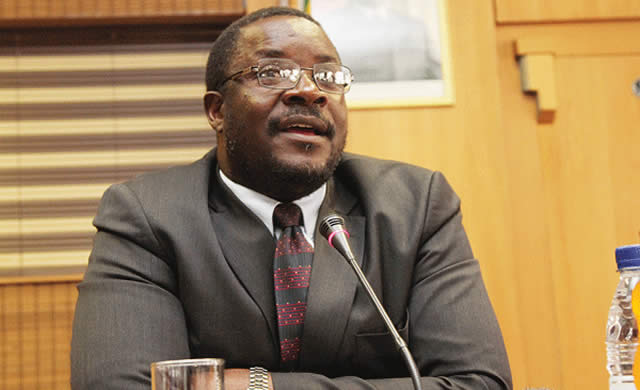RBZ pledges $2,5m monthly for Harare water treatment

Innocent Ruwende Senior Reporter
The Reserve Bank of Zimbabwe (RBZ)has come to the rescue of Harare residents after it pledged to avail $2,5 million monthly to Harare City Council for the purchase of water treatment chemicals. The bank also made foreign currency payments to two companies which supply water treatment chemicals to Harare which requires $2,5 million per month to treat water. The move by RBZ follows the public admission made by Harare Mayor Councillor Bernard Manyenyeni that the water pumped by council into residents’ homes may not be safe for human consumption.
Clr Manyenyeni advised consumers to exercise caution until such a time that total quality is assured, saying the frothing or foaming coloured water has been caused by the shortage of main chemicals — aluminium sulphate, sulphuric acid, HTH Chlorine and activated carbon. Clr Manyenyeni took to his Facebook page to announce that the central bank had agreed to fund full foreign currency requirements for water treatment.
“It is not a bad way to end the year when the Reserve Bank Governor (John Mangudya) phones to say that two days ago he released forex payments to two of the suppliers of water treatment chemicals for the City. He promised to avail a fixed amount a week for this critical need,” he said.
“I indicated that it was less than half of our needs. He then agreed to fund our full forex requirements for water treatment. He warned that the city had better have the local equivalent when US dollar is availed.”
Clr Manyenyeni said Dr Mangudya went on to mention that the city’s salaries were unsustainable saying he would meet the acting town clerk Eng Hosiah Chisango on Tuesday to unpack the numbers and impact on water supply and quality. “It does not mean that all chemicals are now in stock. I did indicate to my acting town clerk that in crisis situations like these we hold meetings 24/7,” he said.
In an interview yesterday, Cllr Manyenyeni said the foreign currency problem was a national problem and was not peculiar to Harare only. “A comparison to other local authorities must include the starting point, which is the raw water. Some councils require one or two chemicals, but we require seven. RBZ paid directly to suppliers $2,5 million which is required per month,” he said.
He said residents should not expect immediate results as water treatment was a process. Last week Clr Manyenyeni said water coming out of the city’s taps was failing the eye test in some of the areas and there have been numerous pictures and video clips circulating over the past three months.
“Our claims that the water is chemically safe to drink will not hold if residents cannot stand the sight of frothing or foaming coloured water. This has been caused by the shortage of our main chemicals — aluminium sulphate, sulphuric acid, HTH Chlorine and activated carbon,” said Cllr Manyenyeni.












Comments